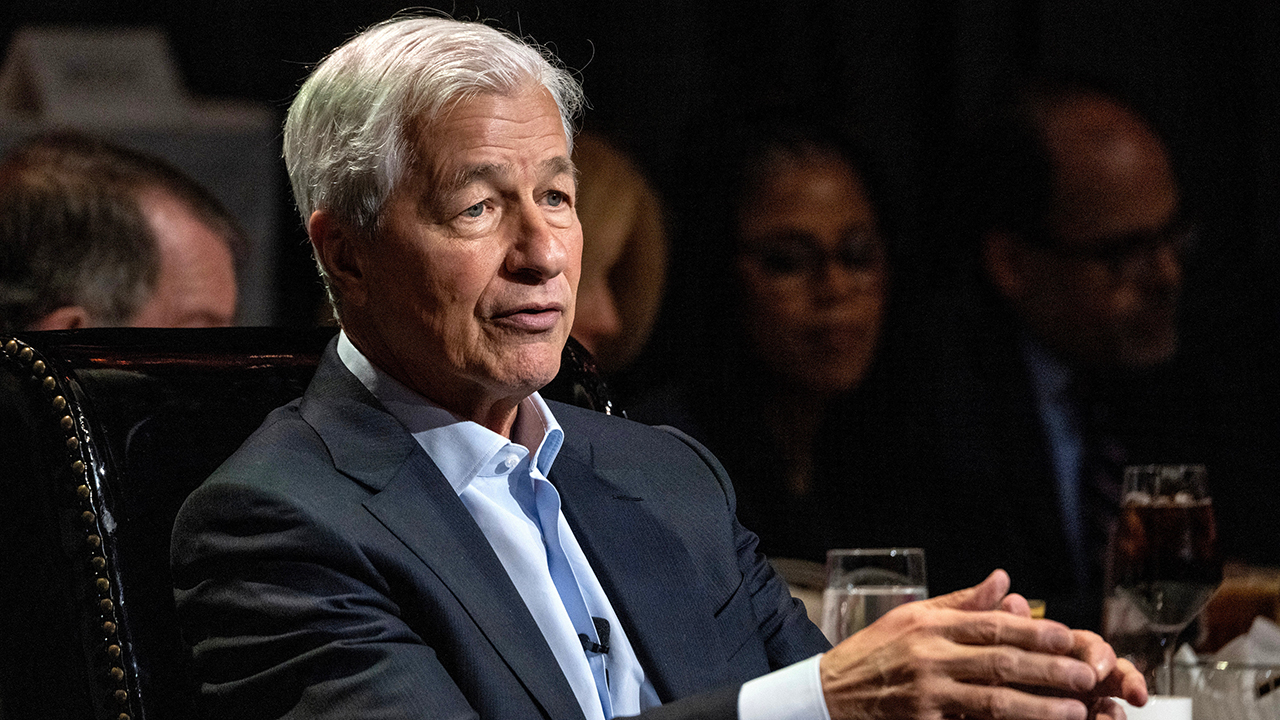As many as a dozen dead amid shortages caused by Xinjiang COVID lockdown
The 12 died from starvation and lack of access to medicine, sources say.

As many as a dozen people have died from starvation or lack of access to medicine in northwestern China’s Xinjiang region during a strict coronavirus lockdown imposed by Chinese authorities since early August, according to residents and local officials.
Starvation had left the members of 10 families in Gurkiratma village, in Ghulja’s (in Chinese, Yining) Araosteng township, in “dire health conditions” amid the lockdown, prompted by outbreaks of COVID-19 in the region, residents told RFA Uyghur.
An official said that as many as 12 people died in Ghulja county within 20 days after the zero-COVID lockdown was implemented, including one man he identified as Mewlan Sidiq, a 62-year-old farmer from Qarayaghach village.
China's zero-COVID approach is based on extensive lockdowns and testing of residents wherever new COVID-19 cases occur. But it has had negative effects on travel and local economies, and has triggered significant food shortages in some places, including Ghulja.
"[Mewlan Sidiq] died 10 days after the implementation of the lockdown. Village and county officials were not aware of his situation on time and he didn’t have any relatives left around him,” the official said, speaking on condition of anonymity.
“Mewlan is among 12 people who died during [this lockdown]. They all died [from starvation or lack of medicine] in the first 20 days of the lockdown," he added, without providing additional details.
RFA was not able to independently confirm the number of dead reported by the official.
A second official told RFA that Sidiq likely died because his prescription medicine did not arrive in time amid the lockdown.
Sidiq had a pre-existing condition which deteriorated after the lockdown began, the official said. He was taken to the hospital but later died, he added.
“We heard that the officials found him sick [from hunger] in his home,” he said. “They took him to the county hospital, and he died there.”
“He also had a pre-existing condition before the lockdown,” said the official. “I don’t know if his death occurred only because of his pre-existing condition or because of his hunger.”
'We are helping them'
A security officer in Gurkiratma village told RFA that two residents there recently died as the result of a food shortage, while three others were transporting malnourished villagers to a hospital
When asked about the identities of the two who died, the officer said he did not know them because there are 12 villages in the township.
“I’m just a safety guard working here in Gurkiratma, and I’m unfamiliar with all the villages,” he said.
He also said he could not provide information about the specific causes of death without information from relevant authorities.
The chairwoman of women's affairs in Gurkiratma said that the deceased were both farmers – a man named Tursun Sawut, who died more than a week ago from starvation and a lack of medicine, and a woman named Gulbahram.
A village official in Ghulja told RFA that there are nearly 200 poor families, or about 800 residents, with incomes below the poverty line living there, but he claimed that the government had been assisting those who faced financial hardship during the lockdown period.
“We are helping them, [and] they are happy,” he said.
An elderly Uyghur resident told RFA that his medicine was being delivered on time, but that he and his partner had been given only five loaves of bread to sustain them for three days.
“I underwent two surgeries due to my illnesses, and I have high blood pressure along with other ailments,” he said. “We have to pay government officials to bring us medicine and other food items. We have some bread to survive for some days.”
“We can’t afford meat and vegetables,” he said. “We can’t just live and spend all of our limited savings.”
The World Uyghur Congress (WUC) expressed alarm over the severe COVID-19 measures in Xinjiang and called on the Chinese government to drop the policies.
The Uyghur activist group based in Germany cited videos posted by Uyghurs on Chinese social media, showing that strict policies are denying them medical care and preventing them from getting food, leading to starvation in some cases.
WUC also noted that residents could be seen complaining about the restrictions leading to starvation and a lack of help from local authorities on screenshots of exchanges on the messaging app WeChat.
The current policies appear to indicate that Uyghur residents are under de facto house arrest with the government using the COVID-19 pandemic as justification, WUC said in a statement issued Friday.
“We have been seeing numerous videos posted online, and it is extremely difficult to watch and not be able to offer any humanitarian help,’’ said WUC president Dolkun Isa. “We appeal to the international community to stop the ongoing atrocities.’’
Translated by RFA Uyghur. Written in English by Roseanne Gerin.
This article has been sourced from various publicly available news platforms around the world. All intellectual property rights remain with the original publishers and authors. Unshared News does not claim ownership of the content and provides it solely for informational and educational purposes voluntarily. If you are the rightful owner and believe this content has been used improperly, please contact us for prompt removal or correction.












